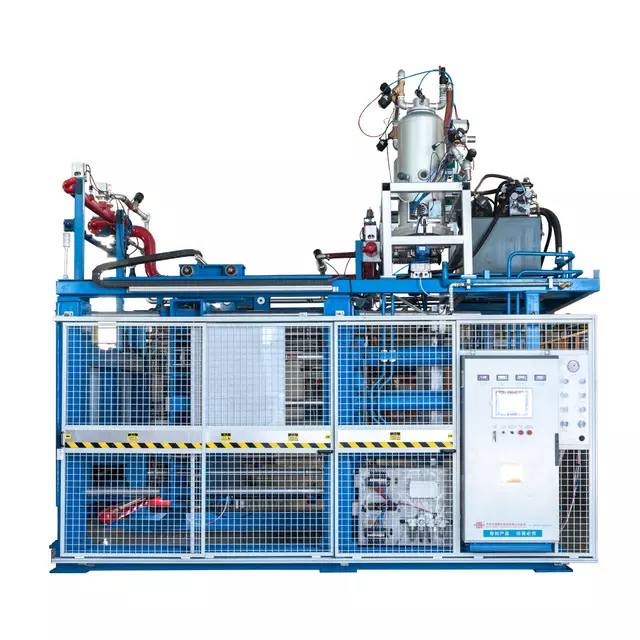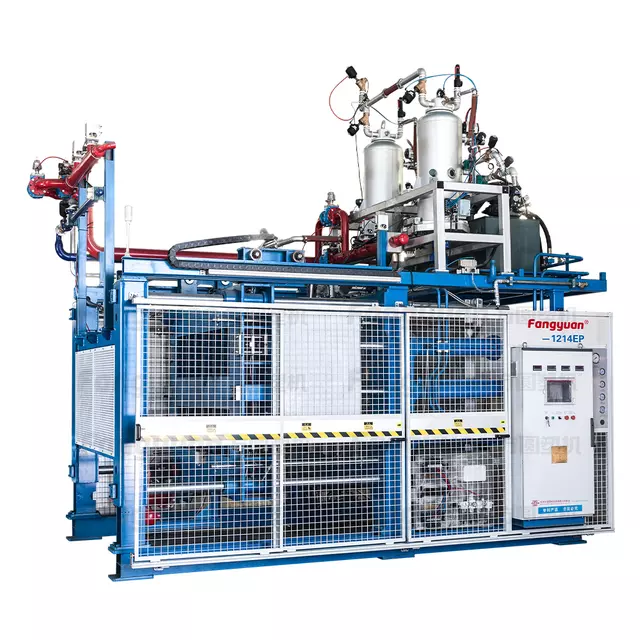: How ETPU Machines Revolutionize Personal Protective Equipment Production
Personal protective equipment (PPE) is essential for protecting workers and the public from hazardous substances and environments. However, manufacturing PPE can be a challenging process due to its complexity and stringent safety standards. This article delves into how electronic thermal processing units (ETPU) have revolutionized the PPE industry by streamlining the production process.

Introduction
Electronic thermal processing units (ETPU) are advanced devices that use high temperatures to cure, laminate, and heat seal materials like polyurethane (PU), polyvinyl chloride (PVC), and silicone. These units offer several benefits over traditional methods, including increased efficiency, reduced waste, and enhanced product quality. By leveraging ETPUs, manufacturers can produce PPE with higher accuracy, faster speeds, and more customization options.

The Role of ETPUs in Personal Protective Equipment Manufacturing
Process Improvement
The integration of ETPUs in the production line has significantly improved the manufacturing processes for PPE. By providing a uniform and consistent temperature across the entire machine, ETPUs ensure that each part receives the required heat for curing or sealing without the need for manual intervention. This automation reduces labor costs and increases productivity.
Safety Enhancements
In addition to improving efficiency, ETPUs also enhance the safety aspects of PPE production. By eliminating manual handling and reducing exposure to dangerous chemicals, ETPUs minimize risks associated with the manufacturing process. Furthermore, these units often come equipped with safety features such as automatic shutoff systems and flame retardant coatings, ensuring worker safety during operation.
Customization Capabilities
With ETPUs, manufacturers can now tailor their products according to specific requirements, making it easier to meet diverse customer needs. This flexibility allows for quick adaptation to new market demands or changes in safety regulations, contributing to the adaptability of PPE production.
Environmental Impact Reduction
Elevating the production of PPE through the use of ETPUs not only enhances safety but also minimizes environmental impact. By reducing energy consumption and minimizing waste, ETPUs support sustainable practices within the manufacturing sector. This commitment to sustainability contributes to the longterm viability of the PPE industry.
Conclusion
In conclusion, the introduction of ETPUs into personal protective equipment production represents a significant advancement in terms of both efficiency and safety. By streamlining the manufacturing process and enhancing product quality, ETPUs have become indispensable tools in today's competitive PPE marketplace. As technology continues to evolve, so too will the capabilities of ETPUs, driving further innovation in this critical field.
























 QQ
QQ